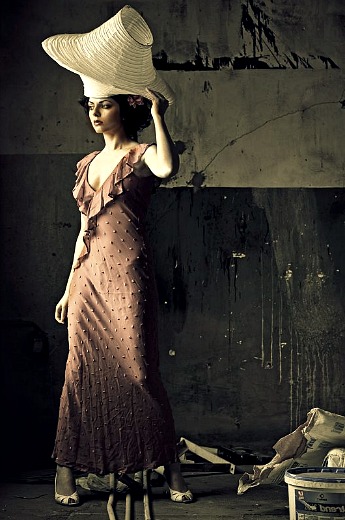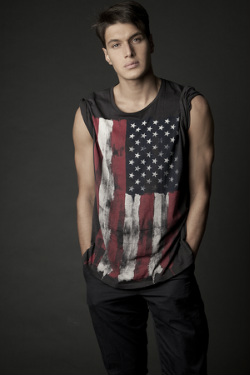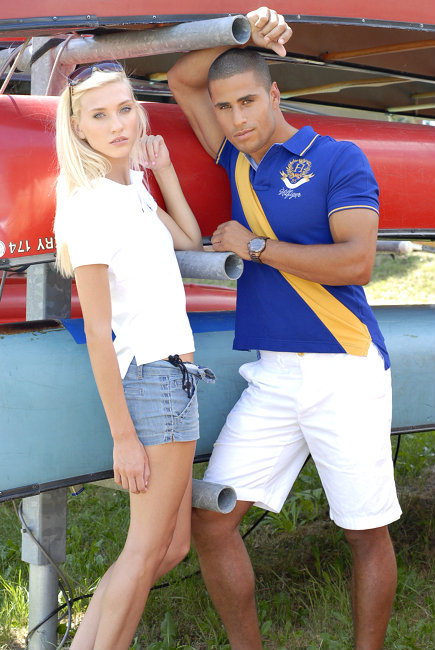Of all the diverse creative arts that exist within today's modern landscape there are perhaps few that can compare to the expansive art of film. Illustrating a wide array of cinematic tapestries woven together with vivid story telling as each individual piece immerses the viewer into new worlds. For over four illuminating decades there was one man who stood at the center of the ever evolving engrossing universe of cinema. A figure who passionately shared his film viewing experiences with the world, becoming one of the most prominent film critics ever known. This man was Roger Ebert, and in April 2014 his unforgettable legacy and cinema were both celebrated in impeccable fashion at the 16th Annual Ebertfest Film Festival. Prestige du Monde was privileged to attend the festival's rich one of a kind proceedings.
This year's festival held a certain special significance as it marked the one year anniversary of of the highly esteemed film critic's passing. Although at times emotional and bittersweet, this was a festival that above all continued Roger Ebert's legacy in a manner that he would likely be proud of. In his hometown of Champaign, IL presented by the College of Media at Illinois and hosted by his wife Chaz Ebert. It featured numerous panel discussions and exclusive film screenings at the historic Virginia Theater. Many of the films shown were features which Ebert had previously reviewed within his popular reviews at the Chicago Sun-Times. One film in particular which was released posthumously based on Ebert himself aptly titled Life Itself was also shown. It marked the first official day of this year's festival and was directed by renowned documentary filmmaker Steve James in what is an undoubtedly passionate tributary film. It chronicles Ebert's compelling life and heartfelt journey while featuring words from loved ones and cinematic figures such as Chaz Ebert, Martin Scorsese and Werner Herzog.
On April 24th, a life size bronze statue was unveiled of the iconic film critic as he gives a signature thumbs up outside the Virginia Theater.
On April 24th, a life size bronze statue was unveiled of the iconic film critic as he gives a signature thumbs up outside the Virginia Theater.
Film topics exploring the art and state of filmmaking were discussed at several panel discussions and among those involved were notable names like Brie Larson, Patton Oswalt and Steve James. Popular established filmmakers were also in attendance to present some of their finest films for audiences which had been praised by Ebert in the past. These screenings were followed by special in depth Q&A's with Spike Lee, Bennett Miller, Oliver Stone, Ramin Bahrani and others.
One of the most emotionally gripping and unforgettable presentations was that of Capote. The 2005 biographical film about the controversial and popular author Truman Capote and directed by Bennett Miller. Capote star Philip Seymour Hoffman who played the title role received an Academy Award for his breakthrough performance, but like Roger Ebert he too unfortunately has recently passed away. A point which became very poignant on the day of Capote's presentation as Ebert's wife Chaz Ebert walked out on to the Virginia Theater stage. She was met with a warm reception by the engaged audience at the packed venue as she began speaking about her late husband and the film's relevant significance. It became obvious that Chaz, whom was always supportive of her late husband, remained affected by the loss while still displaying gratitude at the opportunity of celebrating the legacy of two talented souls in Roger Ebert and Philip Seymore Hoffman. Although struggling to hold back tears at points, her words clearly reached the audience.
Shortly after Chaz Ebert then introduced Sony Pictures Classics' Co-Founder and Co-President Michael Barker. Barker who was instrumental in the release of Capote and numerous other successful films, expressed his acknowledgment of the impact Roger Ebert has had throughout the years on the film industry and it's filmmakers. He recounted how he and director Bennett Miller had proposed to include Capote in this year's festival and were happily accepted in spite of time constraints. He believed in the importance of including a film that was beloved by Ebert and also honored it's lead star Philip Seymore Hoffman.
The screening itself was a truly unique experience as the audience attentively watched on with anticipation while the opening credits rolled, clapping as Hoffman and Sony Pictures' credits were displayed. In the age of digital projection there was a refreshing nostalgic look to the original film reel being projected as I along with the audience soon became immersed. The film's more subtle humorous moments from Hoffman's character provoked smiles and laughter from the crowd as if seen for the very first time. The more dramatic scenes were still every bit as powerful in it's thematic weight and strong performances. It was clear why the film had earned so many awards as the audience applauded loudly continuously during end credits, partly in celebration of Hoffman's legacy.
As the lights in the theater were lifted the helmer behind Capote Bennett Miller was brought on the stage and Chaz Ebert proudly presented him with the "Golden Thumb", a trophy-like casting of Roger Ebert's thumb, in the up position.
One of the most emotionally gripping and unforgettable presentations was that of Capote. The 2005 biographical film about the controversial and popular author Truman Capote and directed by Bennett Miller. Capote star Philip Seymour Hoffman who played the title role received an Academy Award for his breakthrough performance, but like Roger Ebert he too unfortunately has recently passed away. A point which became very poignant on the day of Capote's presentation as Ebert's wife Chaz Ebert walked out on to the Virginia Theater stage. She was met with a warm reception by the engaged audience at the packed venue as she began speaking about her late husband and the film's relevant significance. It became obvious that Chaz, whom was always supportive of her late husband, remained affected by the loss while still displaying gratitude at the opportunity of celebrating the legacy of two talented souls in Roger Ebert and Philip Seymore Hoffman. Although struggling to hold back tears at points, her words clearly reached the audience.
Shortly after Chaz Ebert then introduced Sony Pictures Classics' Co-Founder and Co-President Michael Barker. Barker who was instrumental in the release of Capote and numerous other successful films, expressed his acknowledgment of the impact Roger Ebert has had throughout the years on the film industry and it's filmmakers. He recounted how he and director Bennett Miller had proposed to include Capote in this year's festival and were happily accepted in spite of time constraints. He believed in the importance of including a film that was beloved by Ebert and also honored it's lead star Philip Seymore Hoffman.
The screening itself was a truly unique experience as the audience attentively watched on with anticipation while the opening credits rolled, clapping as Hoffman and Sony Pictures' credits were displayed. In the age of digital projection there was a refreshing nostalgic look to the original film reel being projected as I along with the audience soon became immersed. The film's more subtle humorous moments from Hoffman's character provoked smiles and laughter from the crowd as if seen for the very first time. The more dramatic scenes were still every bit as powerful in it's thematic weight and strong performances. It was clear why the film had earned so many awards as the audience applauded loudly continuously during end credits, partly in celebration of Hoffman's legacy.
As the lights in the theater were lifted the helmer behind Capote Bennett Miller was brought on the stage and Chaz Ebert proudly presented him with the "Golden Thumb", a trophy-like casting of Roger Ebert's thumb, in the up position.
What followed was a Q&A with Michael Barker asking Miller various questions regarding Capote and filmmaking. Yet the answers were often short with pauses in between as Miller displayed a reserved bashful demeanor. At one point he quipped to Barker "This is a trick to get me to do more publicity isn't it?" as the crowd reacted with laughter. Though he appeared increasingly more comfortable as time progressed and the questions began coming from interested members of the audience who were still impressed by the film they had just viewed. One particular point of insight came when the directed shared a story about Philip Seymour Hoffman's acting method while filming a scene in Capote. He explained that Hoffman purposely decided not to rehearse for one of the film's more dramatically demanding scenes. Further describing that what we saw on the screen was entirely spontaneous and the product of Hoffman placing himself completely in the situation of the character. Barker and audience members on multiple occasions referenced Miller's depiction of 'America's underbelly' within his films to which Miller replied "What's all this about America?!" seemingly inferring that while the films do take place in America, they are not commentaries on the country itself. Other films directed by Miller include 2011's Moneyball starring Brad Pitt and the upcoming film Foxcatcher starring Channing Tatum.
The next film presentation was met with capacity seating for the 1989 film Do The Right Thing directed by Spike Lee whom was also scheduled to appear. After the crowd settled Chaz Ebert appeared on stage to speak about the relationship and history between Roger Ebert and Spike Lee. She lamented that Lee had planned in recent years to become involved with Ebertfest but did not have the opportunity to do so until now, without Ebert there to witness it. Chaz then shared a brief story about Ebert viewing an original screening for Do The Right Thing and being upset that the film would likely not receive the recognition he felt it deserved in spite of it's great quality. At one point she turned her head facing behind stage while mentioning Lee's name as if he were standing there. Moments later the director did indeed emerge from stage left appearing in the presence of a surprised and unsuspecting excited crowd to much applause. He exchanged a few words and mused with audience members about the NBA basketball team the Knicks as he then announced he would return upon the conclusion of his film's screening.
The Virginia Theater dimmed down as the screening began for a film which had not seen a theatrical release in the last 25 years. In fact, it was evident many in attendance had never seen Do The Right Thing projected theatrically. The film copy was donated by Universal specifically for the festival. Highlighted in the film were racial relations between Blacks, Whites, Latinos and Asians which in 1989 was a topic rarely explored in this film's manner. Taking place entirely within one block in the city of Brooklyn during a record summer heatwave, the characters often interacted in an ever increasing tense atmosphere. By the film's culmination it had delivered upon the concept of the title leaving viewers to debate which character within the film had in fact done 'the right thing'.
Director Spike Lee again emerged on stage to also receive the "Golden Thumb" as he exchanged as he thanked Chaz Ebert for the honor.
The Virginia Theater dimmed down as the screening began for a film which had not seen a theatrical release in the last 25 years. In fact, it was evident many in attendance had never seen Do The Right Thing projected theatrically. The film copy was donated by Universal specifically for the festival. Highlighted in the film were racial relations between Blacks, Whites, Latinos and Asians which in 1989 was a topic rarely explored in this film's manner. Taking place entirely within one block in the city of Brooklyn during a record summer heatwave, the characters often interacted in an ever increasing tense atmosphere. By the film's culmination it had delivered upon the concept of the title leaving viewers to debate which character within the film had in fact done 'the right thing'.
Director Spike Lee again emerged on stage to also receive the "Golden Thumb" as he exchanged as he thanked Chaz Ebert for the honor.
A Q&A with moderators and the crowd ensued. The questions were plentiful overall and sometimes focused on the comparison of today's world and it's connection to that shown within Do The Right Thing as well as his other films like Malcolm X. I had the opportunity to ask the director if he felt the depiction of race relations in cinema had evolved or progressed since the release of his 1989 film. He insisted that "Do The Right Thing would not be made today by any studio". He went to explain that studios are hesitant to invest millions on a film that illustrate similar subject matter. Another audience member also remarked upon the theatrical stage-like nature of certain scenes within Do The Right Thing and as Lee then revealed "we're talking about bringing it to Broadway" as a stage adaptation.
One of Lee's other films discussed included 2002's release 25th Hour which featured actor Philip Seymour Hoffman who also starred in Bennett Miller's film Capote. Lee claimed that he and Miller both shared the same flight to Illinois and that they engaged in conversation during the trip. One of these conversations Lee explained, included discussion on the potential of an 'Edward Snowden' film and who in general, should be tasked with directing such a feature. As the Q&A ended Lee fans gathered around stage as he signed various items such as posters, memorabilia and even the Jordan sneakers of one particular fan.
Prestige du Monde had the great privilege of speaking with Spike Lee shortly before leaving the festival as he posed for photos with Chaz Ebert and our very own Mary Chuy.
Prestige du Monde had the great privilege of speaking with Spike Lee shortly before leaving the festival as he posed for photos with Chaz Ebert and our very own Mary Chuy.
The festival was by far one of the most unique and enthralling experiences one could hope to have and by it's end there was no doubt that Roger Ebert's legacy was secured and will continue to live on for decades to come. Chaz Ebert, the festival's directors, the College of Media at Illinois along with all of festival's organizers undoubtedly crafted a successful festival in the proud spirit of Roger Ebert. Prestige du Monde was overjoyed to witness it all.
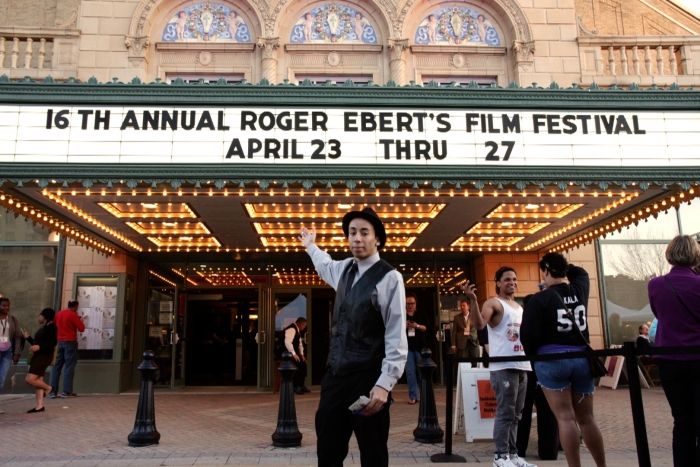
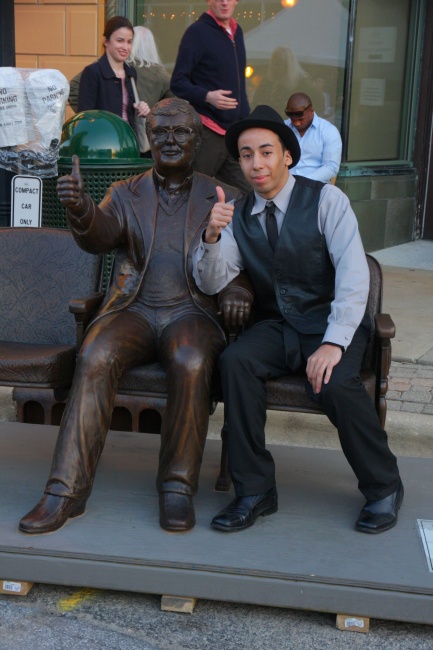
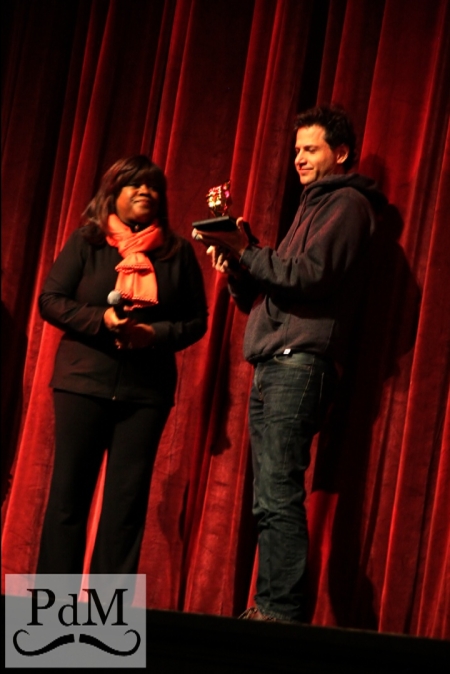
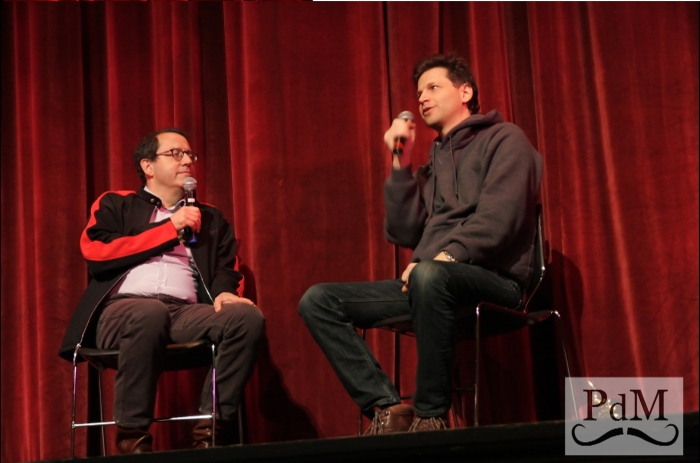
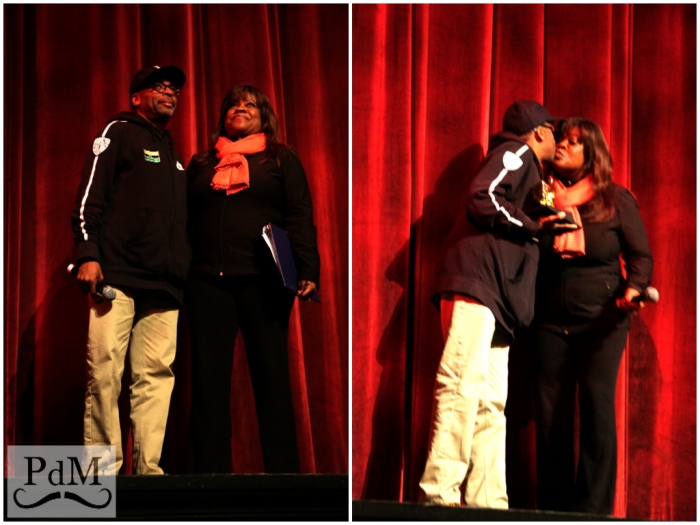
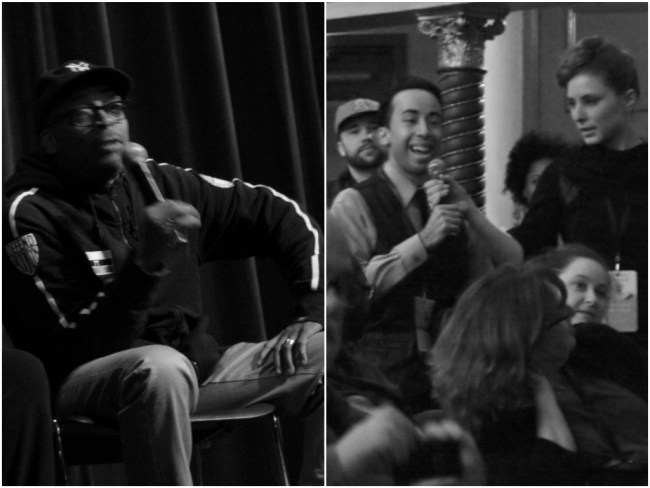
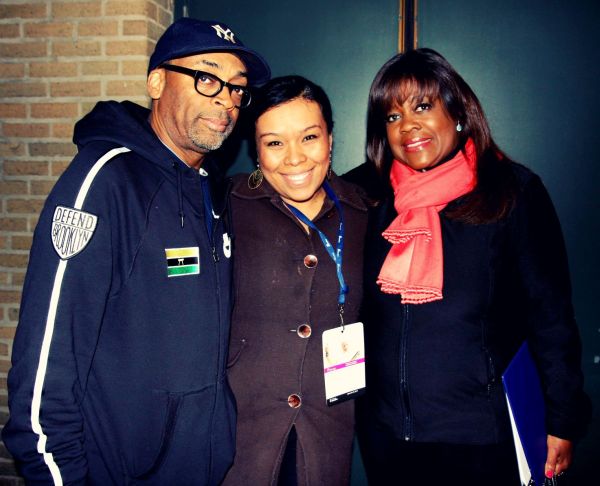
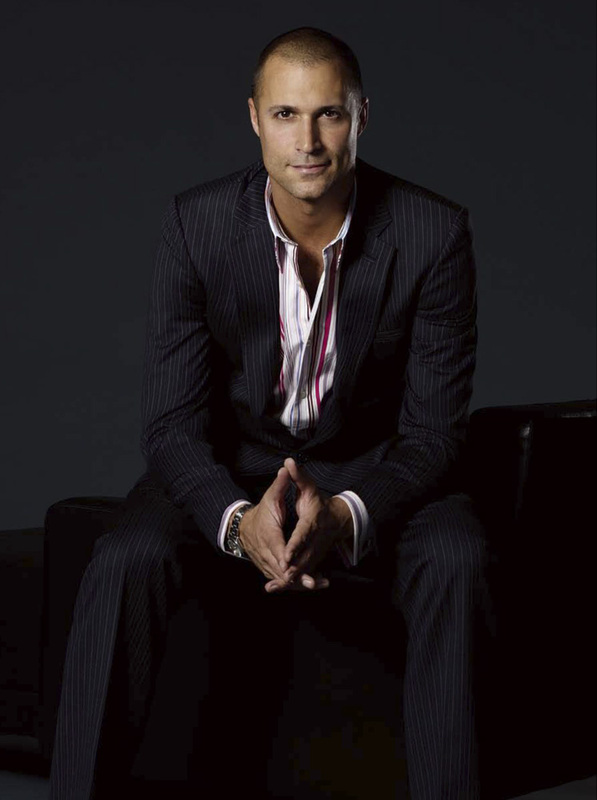
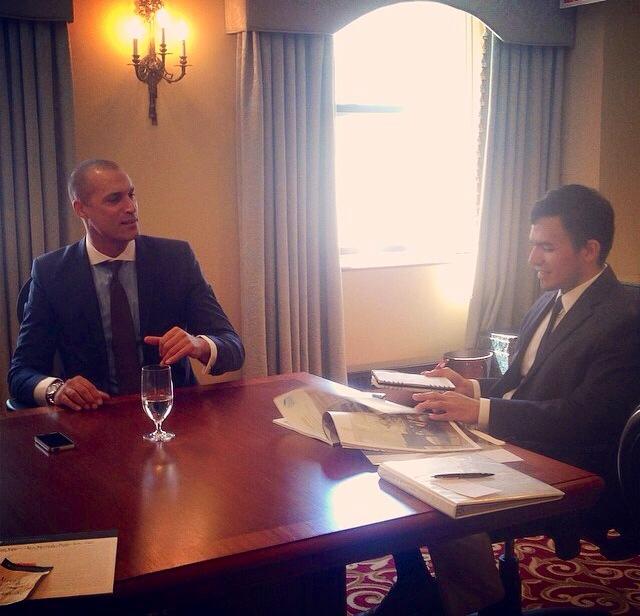
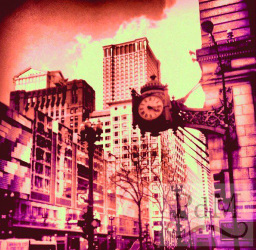
 RSS Feed
RSS Feed

